Rhode Island is Buzzing About Pollinators!
Audubon Celebrates National Pollinator Week
Rhode Island Governor Gina Raimondo to Launch the Rally
Speakers Launch the Rally on the State House Steps: Tuesday, June 19, 2018; 2:00 – 2:15 pm
Bee Rally in the State House: Tuesday, June 19, 2018; 2:15 – 4:00 pm
State House Illuminated in Bumblebee Black and Yellow: June 18 – 24, 2018
Smithfield, R.I. (May 23, 2018) – Why is the Rhode Island State House being lit up like a bumblebee in June? The Audubon Society of Rhode Island will celebrate National Pollinator Week by hosting a Bee Rally in the State House and lighting up the dome in black and yellow. That big striped State House Dome will “bee” hard to miss!
So why all the buzz about pollinators?
Populations of bees, butterflies and other pollinator insects are in steep decline due to the loss of habitat, pollution, misuse of chemicals, disease and change in climatic patterns. It has become a global crisis. Over 180,000 different plant species and more than 1,200 crops depend on their services to thrive. That means pollinators support one out of every three bites of food on your plate. Here in Rhode Island, locally grown blueberries, cranberries, pumpkins, squash and other flowers, fruits and vegetables depend on pollinators. When you sprinkle those fresh blueberries on your cereal in the morning, you can thank these little insects. You can also take action. Learn more about pollinators and the challenges they face at the State House Bee Rally.
Bee Rally Launch
Speakers on the State House Steps, Smith Street: June 19, 2018; 2:00 – 2:15 pm
- Rhode Island Governor Gina Raimondo
- Janet Coit, Director of RI Department of Environmental Management
- Julia Gold, Chief of Sustainability and Innovation, RI Department of Transportation.
- Rhode Island Senator Susan Sosnowski (District 37, towns of New Shoreham and South Kingstown),
- Rhode Island Representative Arthur Handy (District 18, Cranston)
Bee Rally in the Rhode Island State House Rotunda: June 19, 2018; 2:15 – 4:00 pm
Come to this FREE family-friendly Bee Rally and learn all about pollinators and why they are so important to our health, environment and economy. Discover what the State is doing to support healthy habitat, meet local beekeepers, gardeners, farmers and organizations that support these insects and their important work in nature.
- Performance by the Providence Improv Guild; 3:00 – 3:30 pm
- Local artist Lindsay Adler performs as Mother Nature; 3:30 – 4:00 pm.
Rally Participants:
Audubon Society of Rhode Island, Whole Foods Market, Rhode Island Beekeepers Association, Rhode Island Farm Bureau, Cluck!, URI Master Gardener Program, RI Department of Transportation, RI Department of Environmental Management, RI Nursery & Landscape Assoc., Groundwork RI, RI Natural History Survey, Netwalk RI, Rhode Island College Bee Education Center, Eastern RI Conservation District, EcoRI, NRCS-USDA, Design Under Sky and more.
The Bee Rally and State House Lighting are sponsored by Audubon Society of Rhode Island, Whole Foods Market, Rhode Island Beekeepers Association, Rhode Island Natural History Survey, Rhode Island Farm Bureau
How can you help pollinators?
There are simple ways that people can help these vital insects survive. Listed below are a few suggestions from the Audubon Society of Rhode Island.
Landscape and garden with native plants that provide food for pollinators.
Suggested native plants that attract bees include aster, black-eyed Susan, lupine, purple coneflower, rhododendron, sunflower, sweet pepperbush and more. Ask your local nursery to help you select native plants for your garden and landscaping.
Keep flowers blooming through spring, summer and fall.
Try to select a wide variety of plants to keep food sources available through the seasons. Don’t forget to plant pollinator-friendly window boxes and containers on decks and patios.
Reduce or eliminate pesticide use.
Remember that pesticides and herbicides used in yards and landscaping to reduce weeds and common pests also kill bees, butterflies and beneficial insects.
Leave dead tree trunks or logs in your landscape whenever possible.
These fallen tree trunks and branches provide homes for wood-nesting bees and beetles.
Support Environmental Conservation
Audubon actively manages habitat on wildlife refuges and develops gardens to encourage pollinator populations.
June Pollinator Programs with Audubon
Visit the events calendar at www.asri.org for additional details and to register.
- Summer Solstice Celebration with Mead and Honey Tastings
Audubon Nature Center and Aquarium*, Bristol, RI
June 21, 2018; 7:30 – 9:30 pm. Registration required.
- Caratunk Summer Fields and Forests Walk
Audubon Caratunk Wildlife Refuge, Seekonk, MA
June 18, 2018; 9:30 am – 12:00 pm. Registration Required.
- Make Your Own Pollinator Seed Bombs
Audubon Nature Center and Aquarium*, Bristol, RI
June 22, 2018; 10:30-11:30 am. Registration required.
- Butterfly Walk at Caratunk
Audubon Caratunk Wildlife Refuge, Seekonk, MA
June 24, 2018; 10:00 am – 12:30 pm. Registration required.
- Butterflies of Prudence Island
Prudence Island, RI
June 28, 2018; 1:30 – 6:30 pm. Registration required.
- New! Audubon Pollinator Discovery Garden
Audubon Nature Center and Aquarium*, Bristol, RI
Discover the world of pollinators in a quiet gathering place of wildflowers with a native vegetable garden and a cove of apple trees. Developed by renowned garden designer John Gwynne, phase one has begun and work will continue throughout the summer as additional plantings and elements are added.
* Audubon Society of Rhode Island announces that the Audubon Environmental Education Center in Bristol is now called the Audubon Nature Center and Aquarium.
The Audubon Society of Rhode Island, independent and unaffiliated with the National Audubon Society, was founded in 1897. Today, with 17,000 members and supporters, the Audubon Society of Rhode Island is dedicated to education, land conservation, and advocacy. Audubon independently protects or owns almost 9,500 acres of woodlands and coastal property embracing diverse natural habitats. More than 20,000 people participate annually in our education programming. A voice in statewide ecological issues, the Society actively fulfills its environmental stewardship through preservation and protection of Rhode Island's natural heritage.
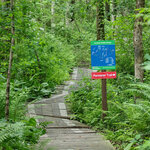
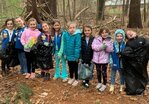
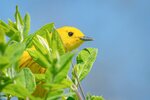
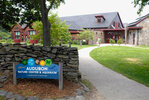
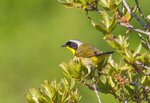
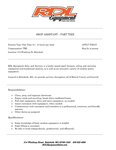


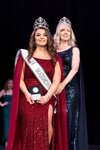


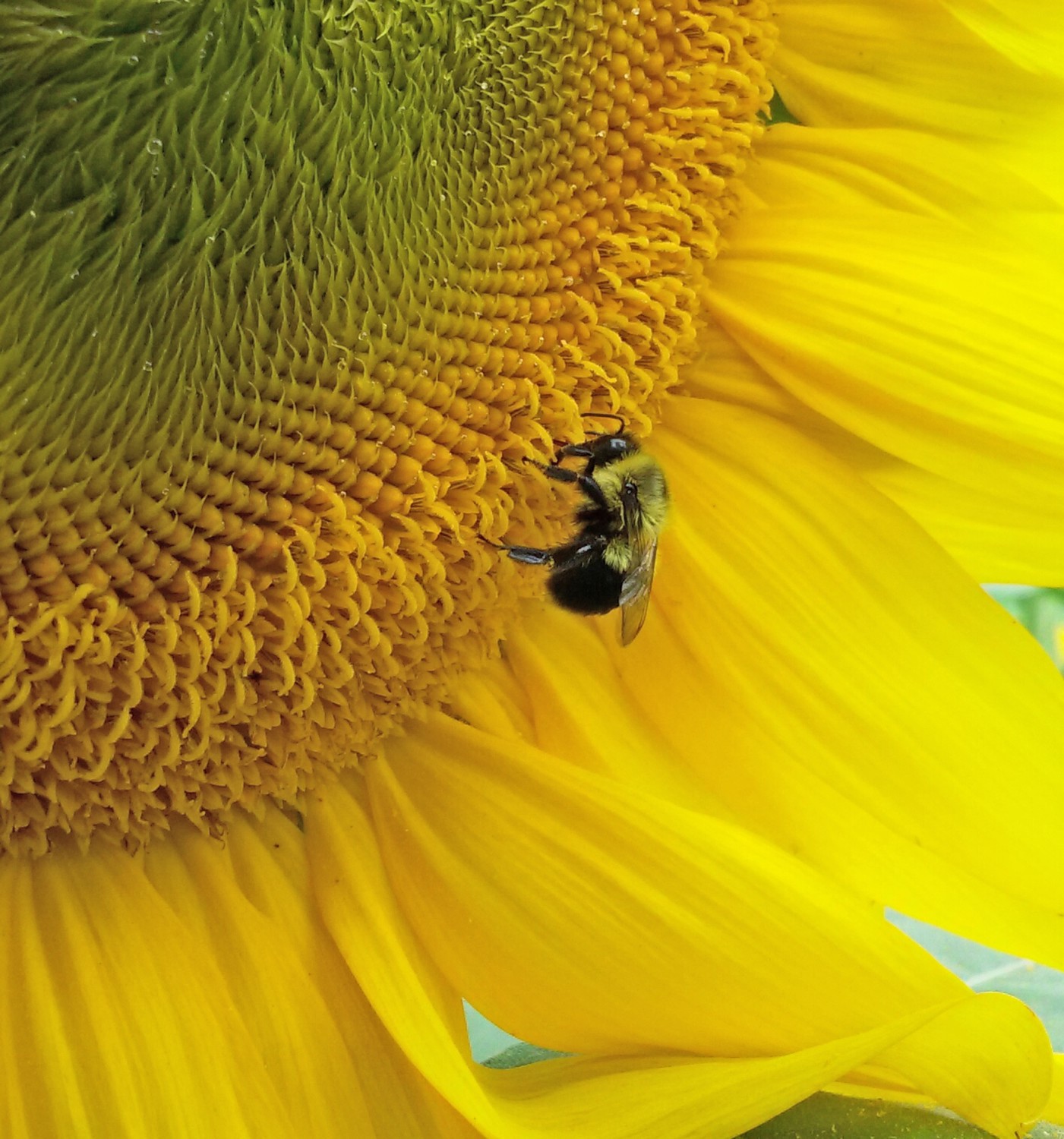







Comments
No comments on this item Please log in to comment by clicking here